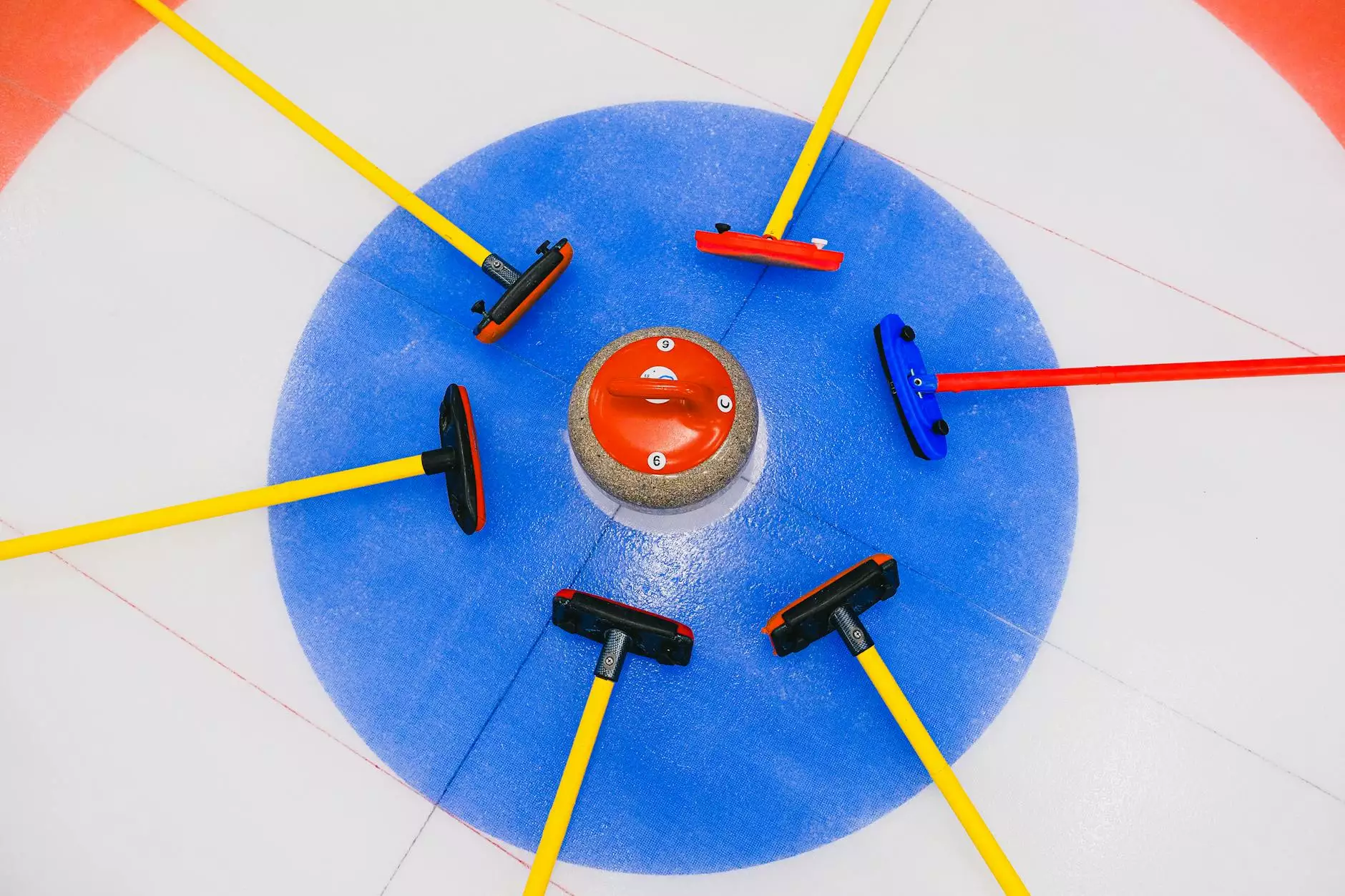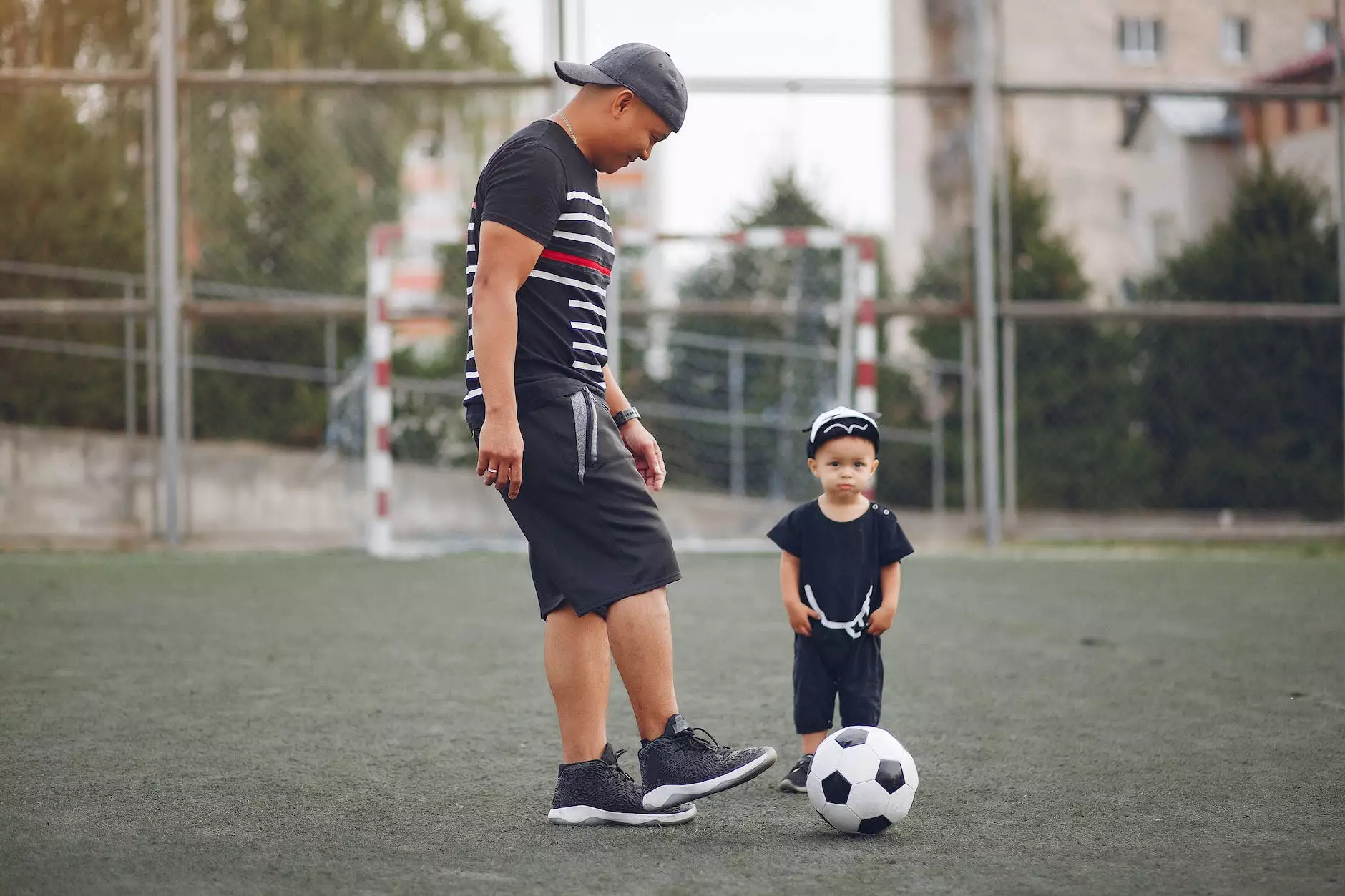Hyperextended Knee Treatment at Regency Square Care Center
Services
Welcome to Regency Square Care Center, a trusted source of geriatric and aging care services in the health industry. In this article, we will discuss hyperextended knee treatment, including symptoms, causes, and effective treatment options.
Understanding Hyperextended Knees
Hyperextended knees occur when the knee joint is forced to extend beyond its normal range of motion. This can happen due to sudden impact, trauma, or excessive pressure on the knee joint. Individuals who participate in high-impact sports, such as basketball or gymnastics, are more susceptible to hyperextended knees.
Common Symptoms
Hyperextended knees are usually accompanied by several noticeable symptoms. These may include:
- Pain and swelling in the knee joint
- Difficulty in walking or bearing weight on the affected leg
- Instability or a feeling of the knee "giving way"
- Joint stiffness
- Tenderness to touch
Causes of Hyperextended Knees
There are various causes of hyperextended knees, including:
- Direct impact to the knee, such as a fall or collision
- Participating in high-impact sports without proper body mechanics
- Weak muscles surrounding the knee joint
- Ligament laxity or instability
Treatment Options
At Regency Square Care Center, we offer a range of effective treatment options for hyperextended knees. Our experienced team of healthcare professionals will tailor the treatment plan to each individual's unique needs. Depending on the severity of the hyperextension, the following treatments may be recommended:
1. Rest and Ice
Resting the affected knee and applying ice packs can help reduce pain and swelling. Ice should be applied for 15-20 minutes every 2-3 hours.
2. Compression and Elevation
Using a compression bandage and elevating the leg can further aid in reducing swelling and promoting healing.
3. Non-Steroidal Anti-Inflammatory Drugs (NSAIDs)
NSAIDs, such as ibuprofen, can help alleviate pain and reduce inflammation. It is important to consult with a healthcare professional before taking any medication.
4. Physical Therapy
Physical therapy plays a crucial role in strengthening the knee joint and supporting muscles. Our experienced therapists will develop a personalized exercise program to enhance stability and mobility.
5. Bracing
In some cases, a knee brace may be recommended to provide additional support and stability during the healing process.
6. Surgical Intervention
If conservative treatments do not alleviate the symptoms and restore normal functioning, surgical intervention may be considered. Our skilled orthopedic surgeons will evaluate each case individually and discuss surgical options if necessary.
Preventing Hyperextended Knees
While accidents and sports injuries cannot always be avoided, we recommend the following preventive measures:
- Wearing appropriate protective gear during physical activities
- Practicing proper body mechanics and technique during sports
- Engaging in regular exercise to strengthen muscles supporting the knee joint
- Listening to your body and resting when necessary
At Regency Square Care Center, our dedicated team is committed to providing comprehensive care and effective hyperextended knee treatment options. We strive to improve our patients' quality of life and facilitate their recovery process. If you or a loved one are experiencing symptoms of a hyperextended knee, don't hesitate to reach out to us for professional guidance and compassionate care.










